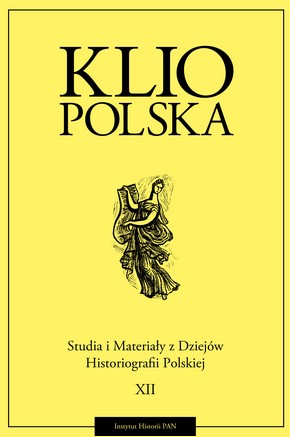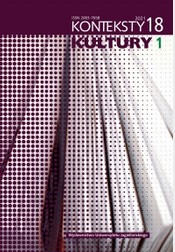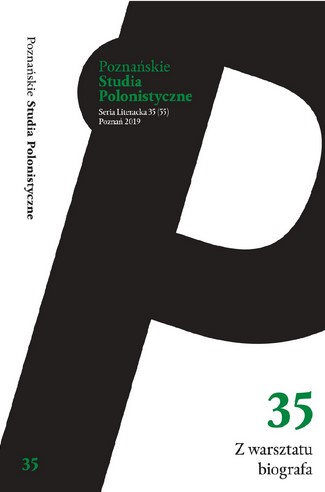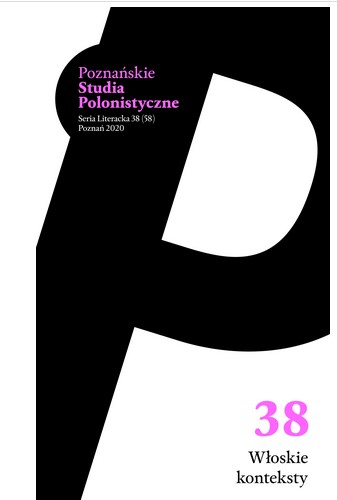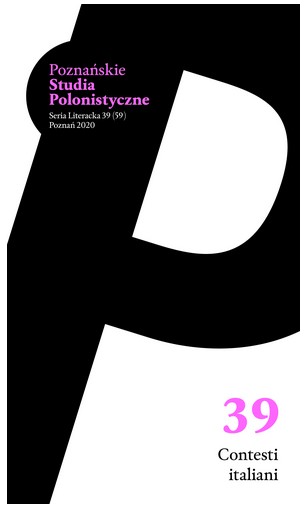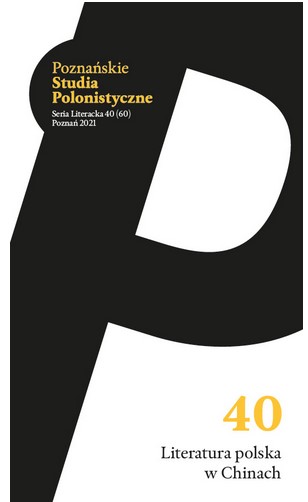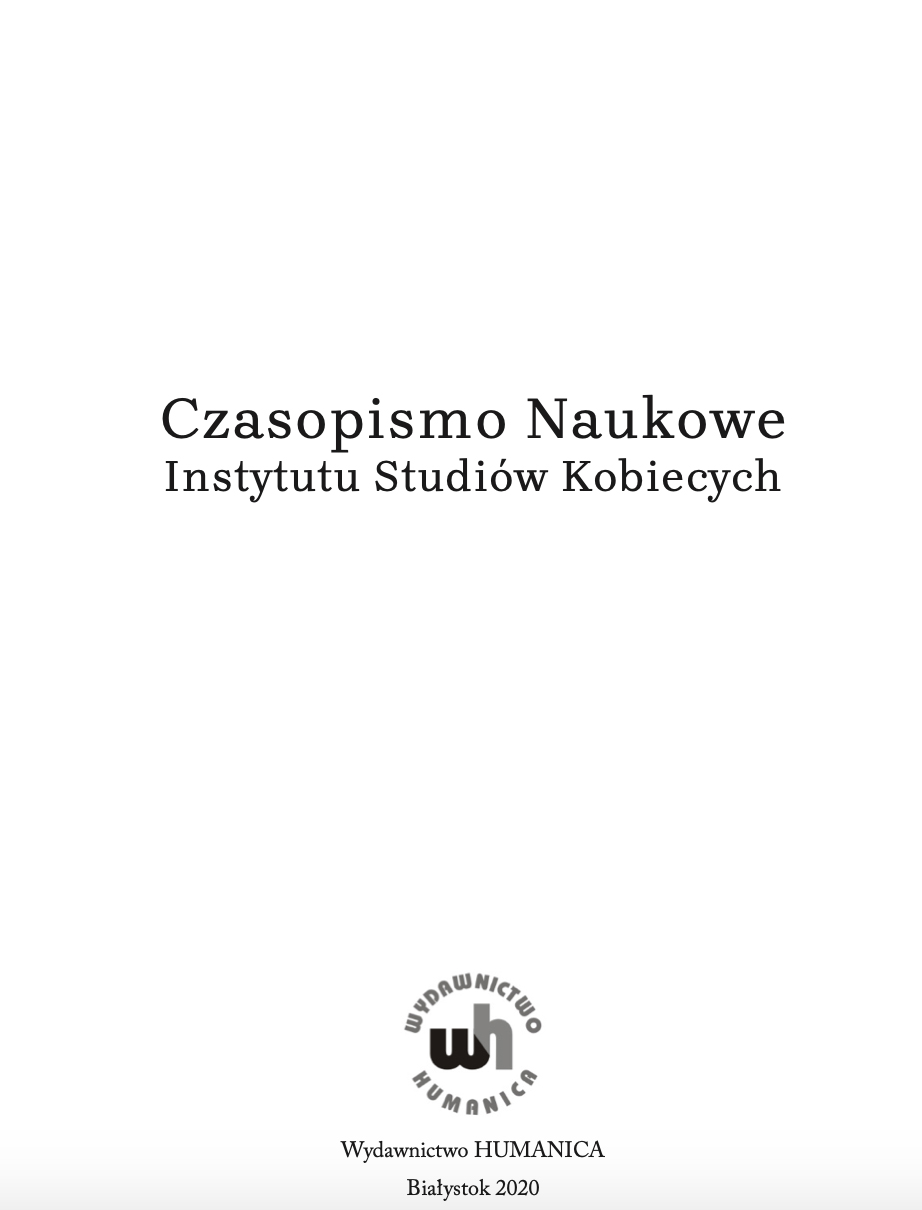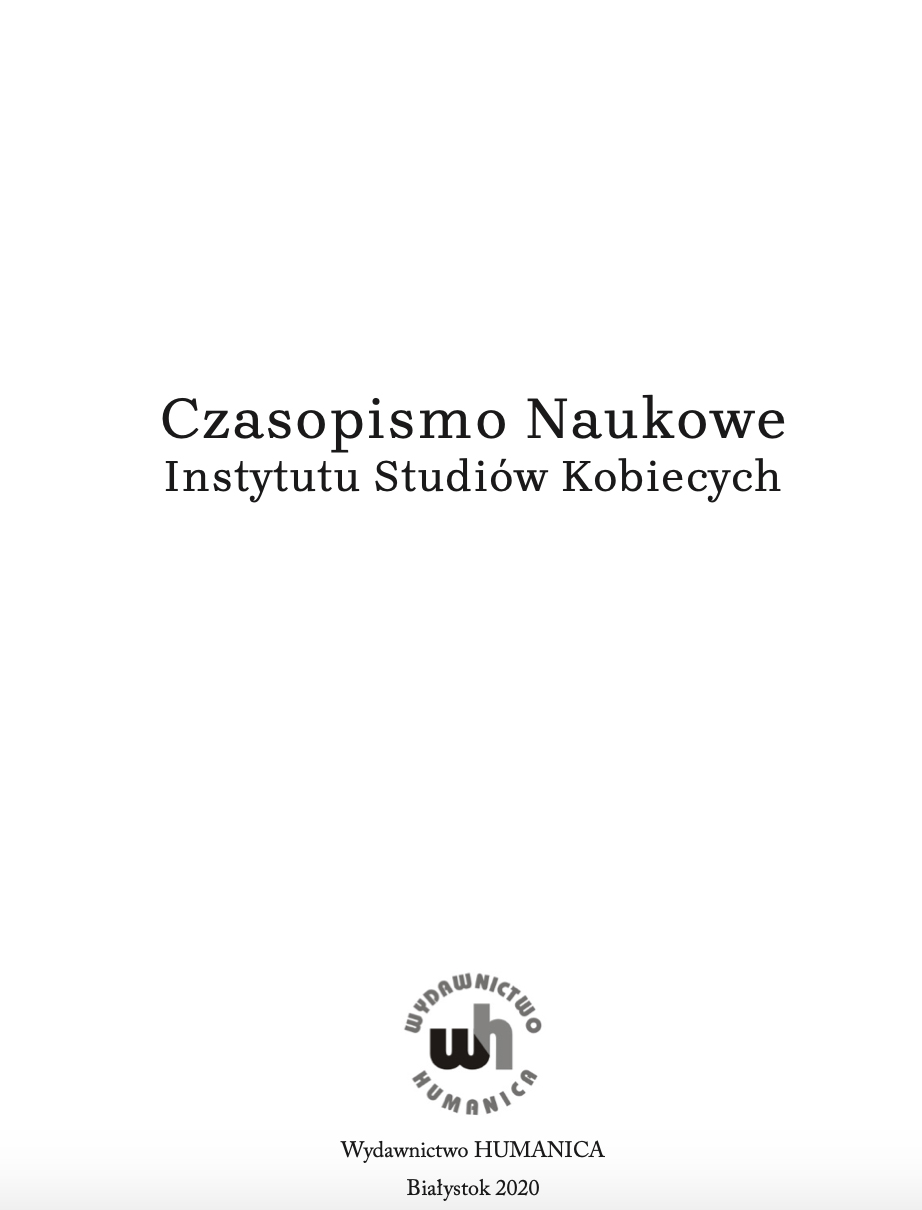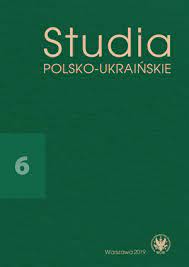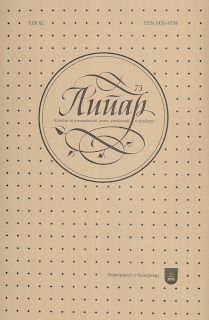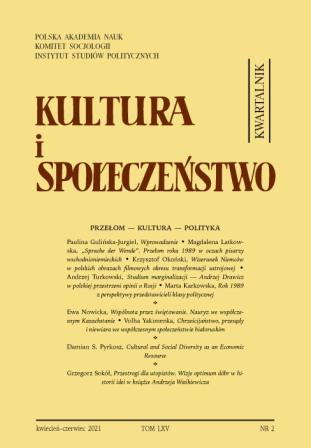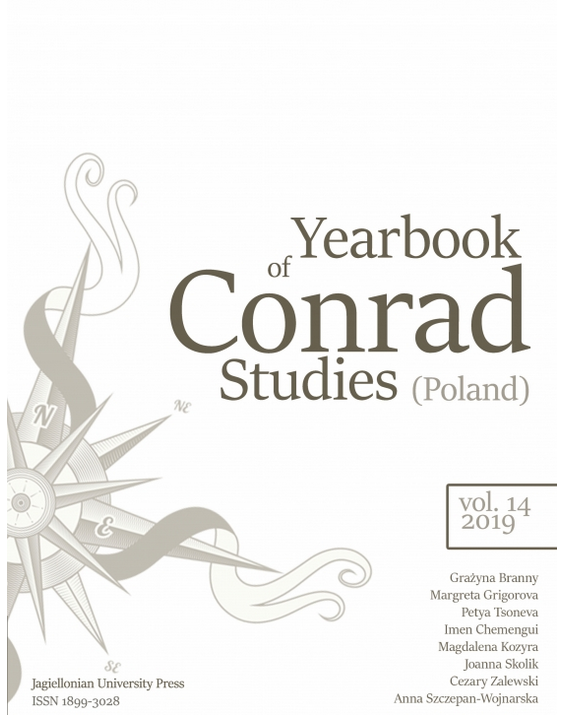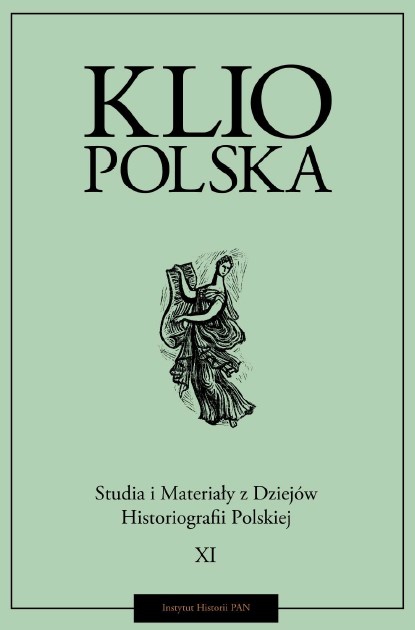
Rzecz o roku 1863 – argument z historii w myśli politycznej krakowskiego stańczyka Stanisława Koźmiana
Stanisław Koźmian was one of the authors of Teki Stańczyka and one of the leading commentators of Przegląd Polski. Although he was not a historian, his ideas, aimed at justifying the policy of loyalism adopted first the Habsburg Monarchy and then towards all the partitioning powers, were based on historical arguments which often functioned as argumentum iudicium. A particularly good example of this is provided by his most important book Rzecz o roku 1863. Published on the thirtieth anniversary of the January Uprising, the book was intended to end the debate on the meaning of the Polish insurrections. The purpose of the article is to trace the development of Koźmian’s historical thought and to explain the way in which he used historical arguments to justify his political ideas.
More...
